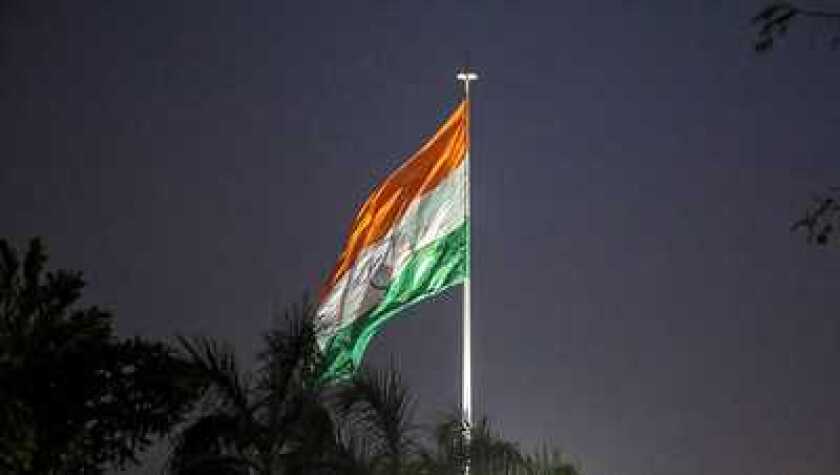Bharat Sanchar Nigam Limited (BSNL) now runs the mobile operations of Mahanagar Telephone Nigam Limited (MTNL) in the two giant cities, which have a combined population of almost 40 million.
Under a ruling by the Indian government’s Department of Telecommunications (DoT) MTNL has outsourced the operations to its rival.
The move leaves BSNL free to exploit its new unified licence, which allows it to offer 3G or 4G services on its spectrum. In the past its 900MHz and 1800MHz permitted only 2G services.
The state-owned operators have lost market share to private-sector companies such as Airtel, Reliance Jio and Vodafone Idea, all of which are offering 3G and/or 4G services.
The DoT’s secretary Anshu Prakash said that BSNL will begin its 4G roll-out in the two cities, but using only Indian suppliers. Until now the Indian mobile market — like those in the rest of the world — has been dominated by Chinese, European and South Korean companies Ericsson, Huawei, Nokia, Samsung and ZTE.
Prakash said that the move will open the way for Indian companies such as Sterlite Technologies and Tejas Networks to bid to supply 4G equipment to BSNL.
According to Indian media, only suppliers registered and based in India can bid for the operator’s 4G core network. Suppliers must use Indian intellectual property rights or have “unrestricted, irrevocable access and licence to modify the source code” for the equipment.
Tejas Networks CEO Sanjay Nayak told media that the company already supplies optical networking equipment to BSNL and will work with systems integrators on radio access network (RAN) equipment.






